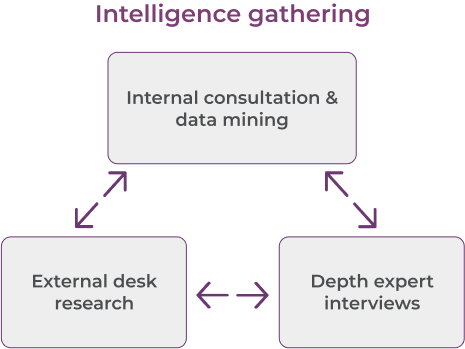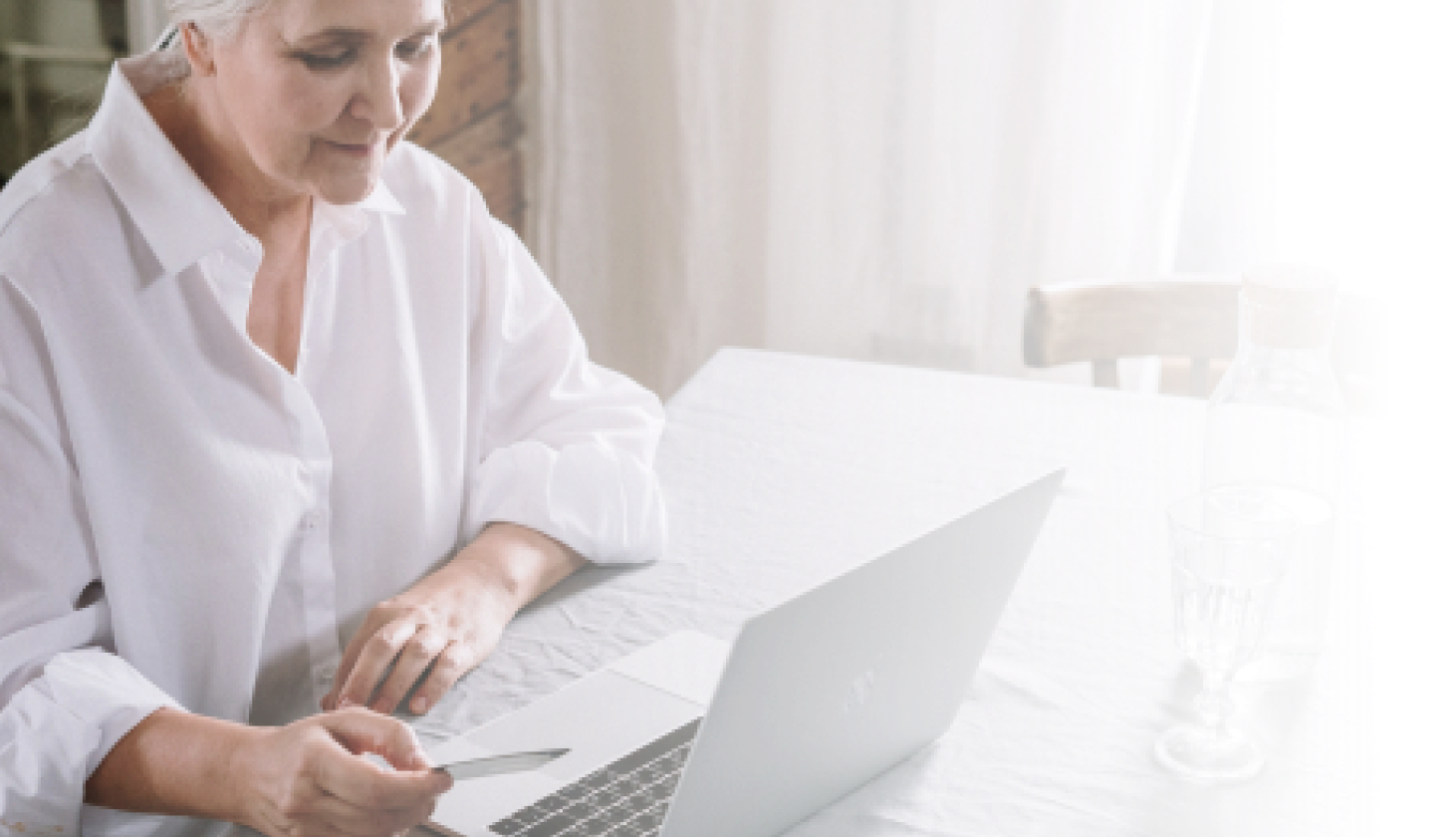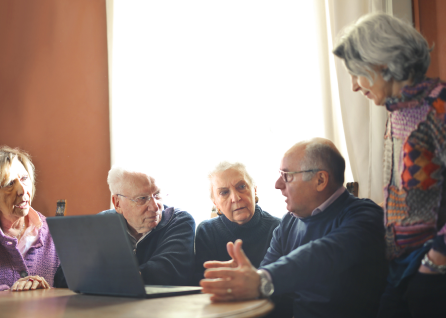

There is a trend away from traditional models of caring for and indeed thinking or talking about the ageing population.
A central premise is that the traditional models of health and social care are unsustainable as the population ages.
The strains on the funding and organisation of traditional health and social care systems are becoming ever more evident. Organisations are trying to ‘think outside the box’ as the existing model of the young supporting the old through tax and the old supporting themselves through pensions is becoming untenable.
A central premise is that the traditional models of health and social care are unsustainable as the population ages.
The strains on the funding and organisation of traditional health and social care systems are becoming ever more evident. Organisations are trying to ‘think outside the box’ as the existing model of the young supporting the old through tax and the old supporting themselves through pensions is becoming untenable.
Another key aspect of the changing debate on ageing is the growing distinction that is being made between the ‘younger-older’ and the ‘older-old’. The distinction is between those older people who are in need of care and support and those who are not only able to live independently but are also able to make an active contribution.
The Department of Work and Pensions sees retirement as an increasingly active phase of life where people have opportunities to continue contributing to society by working longer or volunteering in their communities and take personal responsibility for their own wellbeing by working, saving and looking after their health
The Department of Work and Pensions sees retirement as an increasingly active phase of life where people have opportunities to continue contributing to society by working longer or volunteering in their communities and take personal responsibility for their own wellbeing by working, saving and looking after their health




















